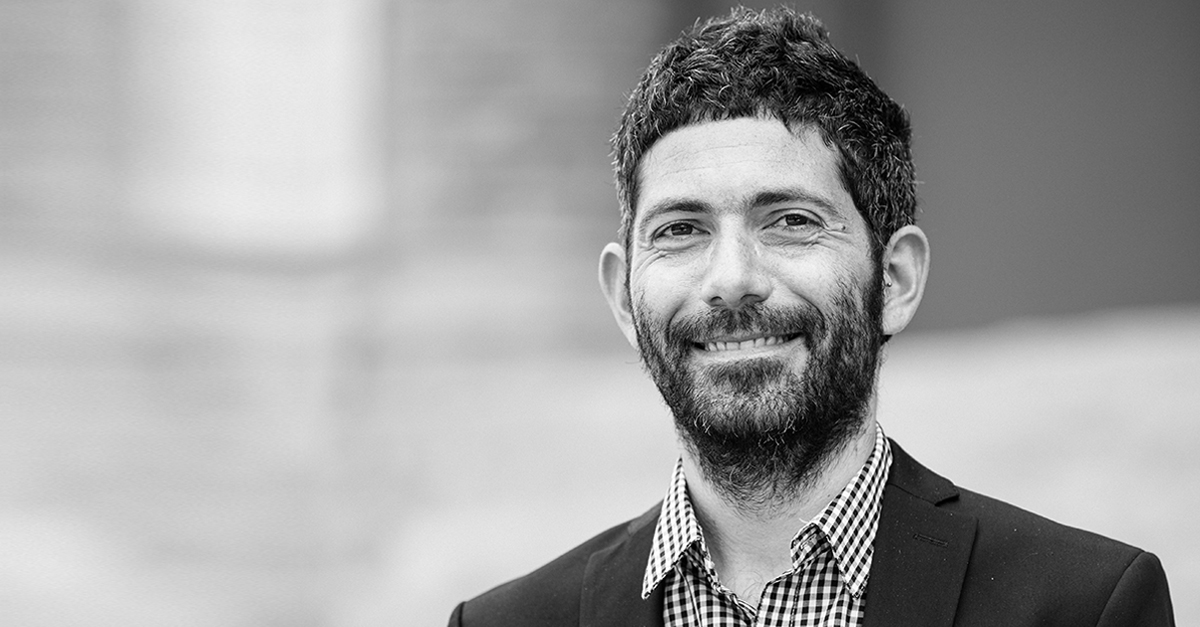
Integrating knowledge and know-how for new socio-environmental balances
18 May 2021Junior Assistant Professor in Human Geography at the Department of History and Cultures, Geography section, University of Bologna and Honorary Research Fellow at the Global Development Institute, University of Manchester. PhD in Human Geography (2014) from the Universities of Fribourg and Verona, he held post-doctoral fellowships at the CNRS in Paris (2015), at the Leibniz Centre for Tropical Marine Research in Bremen (2016), at the University of Manchester (2017) and at the University of Bologna (2018-2020).
Climate Change, Anthropocene, environmental and climate crisis. For some years now, these processes have been significantly influencing both the political and institutional agendas on a global scale and the public debate. International institutions, governments, scientists, businesses, and social players are discussing how to tackle the crisis, mitigate its effects and adapt to climate change. The recognition of the political nature of the climate and environmental crisis and the profound contradictions and inequalities that characterise it is finally emerging within the international debate.
In the complexity of this context, the new BBS Centre for Sustainability and Climate Change is ready to play a strategic role for two fundamental reasons. On the one hand to analyse from a multi and inter-disciplinary perspective the processes, policies and sometimes wrong choices that have shaped the global framework towards the Anthropocene and the current crisis situation. On the other hand, to elaborate and develop ideas, proposals, visions, and relations that are able to combine different needs and requirements in order to face the crisis and build a more sustainable and fairer future from a socio-environmental point of view. Compared to other research centres, the great strength of the BBS Centre for Sustainability and Climate Change is based on its extraordinary ability to integrate and bring together heterogeneous scientific perspectives with the economic-institutional world, businesses, and major international players. Today, these players play a key role in defining the political and socio-environmental balance of the future. BBS and Alma Mater are therefore at the heart of this major scientific challenge to define new future balances.
Climate change is an extremely heterogeneous process, encompassing a broad spectrum of biological and biophysical, social, and cultural, political, and economic issues. Let us think, for example, about the repercussions that the progressive melting of the Arctic ices, the rising of sea levels in South-East Asia or the degradation of soils in sub-Saharan Africa may have an impact on socio-environmental balances: climatic-vegetative reconfigurations, new agricultural practices, mass migrations, increased inequalities, conflicts. These processes require new forms of knowledge, scientific-technological innovation and new political-social tools of mitigation, adaptation, and governance. Consequently, the ability to integrate knowledge and understanding of biology, physics and meteorology with economic, legal, and socio-political studies is the great challenge of the present day. BBS is investing large resources to tackle this challenge and play a leadership role in the dialogue and in the interaction between science, the business world, and the political and economic institutions sphere.
In the context of the challenge and research on the climate-environmental crisis, geography, with its plurality of approaches, plays a decisive role. Geographical knowledge allows us to analyse the spatial and scalar dimensions of the effects of climate change and to understand the impact of these processes on specific territories and regions, their socio-spatial consequences, and the highly political nature of these dynamics. In parallel, the perspective of geopolitics helps us to understand how climate change affects international relations, the tensions between players and institutions, and the political and economic governance set-ups. Let us think, for example, about the global negotiations for the Paris Agreement and the drafting of the 2030 Agenda and the Sustainable Development Goals or the tensions between USA, Russia and China on the access and control of resources. In relation to these issues, the political ecology approach allows us instead to critically analyse the power relations between the parties involved in the environmental governance and the various conflicts that emerge at a local scale, which are often influenced by global players in the access to resources and territories: think of water, deforestation, or mining dynamics in Latin America, for example. The reflection on the complexity of these processes and the development of new perspectives and guidelines oriented towards sustainability and environmental and climate justice are essential for the business world: in the first place, with the aim of getting to know the political-institutional balances and the socio-environmental problems. In the second place, and this represents the strategic goal, with the aim of supporting choices, investments and practices oriented to a more ethical and fair sustainability, that combines the economic dimension with socio-ecological balances and the preservation of the rights of human and non-human natures.
By Andrea Zinzani, Assistant Professor in Geographies and Geopolitics of Climate Change
